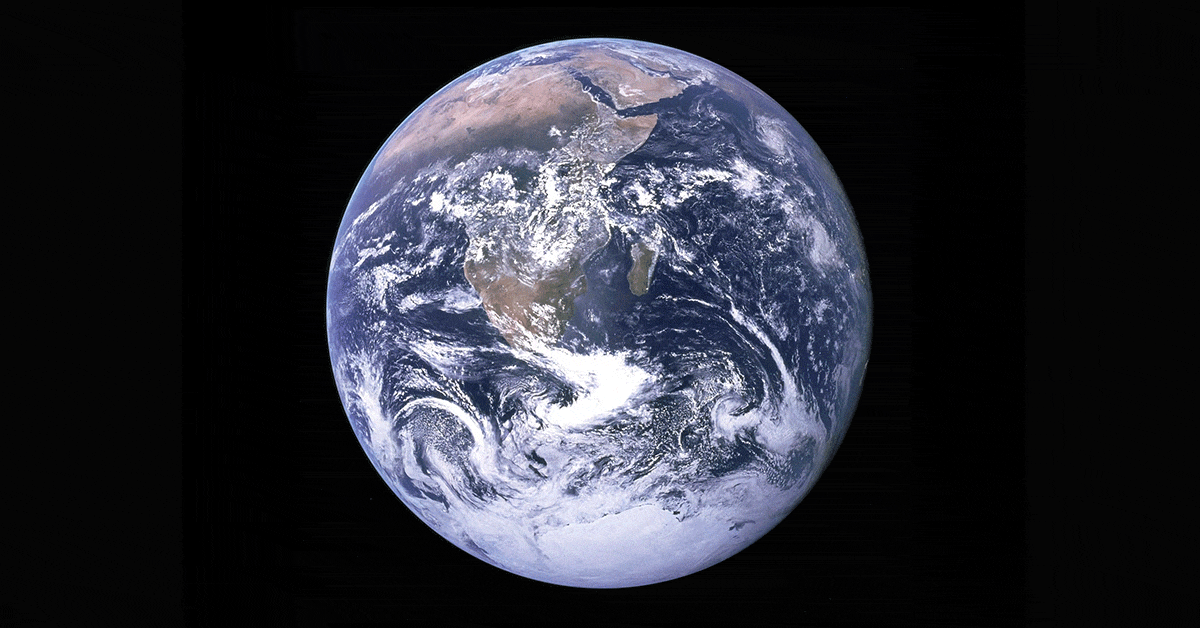In anticipation of COP26, chief science advisors from around the world lay out a vision for limiting global warming to below 2°C, writes senior advisor George Slim.
Next week, delegates will arrive in Glasgow, Scotland, for the 26th UN Climate Change Conference of the Parties (COP26). It’s a global gathering of historic importance: even as COVID-19 cases surge here in Aotearoa New Zealand, the Minister for Climate Change, the Hon James Shaw, will be there, showing just how important this meeting is.

At COP21, held in Paris in 2015, countries agreed to work to limit global warming to well below 2°C and try for 1.5°C. We call this the Paris Agreement. Initial commitments for emissions reductions will not reach this target but countries agreed to come back in five years with updated plans. COP26 is that meeting.
As Minister Shaw said, “This conference is probably the most important since the Paris Agreement, and that’s because the scale of what countries have put up in terms of their ambition does not yet meet the requirement of staying within 1.5°C of global warming.”
It is urgent. The Intergovernmental Panel on Climate Change (IPCC) has found that human activity has already warmed the planet by more than 1°C. Already we are experiencing the consequences in terms of changing weather patterns leading to increases in drought; increasing intensity of storms, snow events and rain events; increasing wildfires; and sea level rise exacerbating the effects of floods. Growing seasons and animal migration patterns are changing.
If we are to keep global warming below 1.5°C we must act now to start making significant and sustained reductions in greenhouse gas emissions. The commitments made at COP26 – and rapid action to implement them – will decide our future. In another five years it may be too late.
But it is achievable. If we can reach net zero emissions by 2050, global warming will be contained. Governments around the world, including Aotearoa New Zealand’s, have responded to the IPCC’s warnings and are putting forward plans to reduce greenhouse gas emissions from their transport, industrial, agriculture and domestic sectors to meet the Carbon Zero target. These plans require behavioural and socioeconomic change as well as the adoption and development of new technologies.
Science and innovation have a huge role to play in combating climate change; in identifying its impacts, showing what the consequences of climate change plans will be, and developing and implementing new technologies to mitigate and adapt to global warming.
Recognising this, the international community of science advisors to government has come together to write a statement on science and innovation in climate action to present to world leaders ahead of COP26. Under the leadership of Sir Patrick Vallance, Chief Science Advisor to the host government, chief science advisors from around the world, including Juliet, have developed the attached statement laying out a clear vision of what is necessary for the world to meet the ambitions of the Paris Agreement.
Ngā mihi,
George
